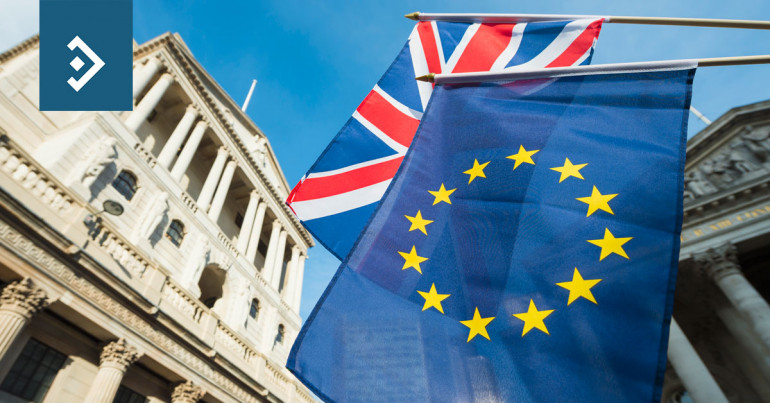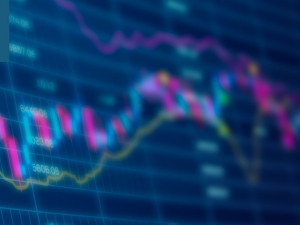
Cost of support brings concern
Morning mid-market rates – The majors
10th July: Highlights
- Jury out on Sunak’s plans while Brexit weighs
- Safe haven appeal supports dollar
- Eurozone’s Economic Engine has a new driver
Sunak won’t rule out tax rises
Brexit, the cost of relief measures and the threat of a second spike in Covid-19 cases are the most significant concerns, driving market fears and holding any advance for the pound back.
The fallout from Brexit, particularly if the UK departs without a deal over trade and the future relationship, seems to have been a factor so long that its significance has been dulled. But while the pandemic is by far the biggest concern for the economy going forward, the effect of a no-deal Brexit could last longer.
While Rishi Sunak’s package of measures to move from shock treatment for the economy to long-term plans to stimulate growth were well received on the whole, the cost of ensuring unemployment doesn’t spiral out of control is being questioned. Sunak had little option but to act but opposition Parties are already labelling the measures as frivolous in some cases and too little too late in others.
Having been the bringer of gifts, Sunak will have to turn, as Autumn arrives, into a less welcome figure as the nation has to pay for the Chancellor’s bag of goodies.
The final and perhaps most concerning of the three most significant is the possibility of a second spike. While several of the issues that faced the country in the first weeks of lockdown, like PPE, intensive care beds and ventilator availability should have been mostly solved, the sheer volume of new cases could overwhelm the NHS.
These issues are keeping Sterling on the back foot as the dollar battles risk on / risk off concerns and the single currency remains unable to decide on how it can react with one voice both politically and fiscally.
Yesterday, the pound was more affected by the dollar than any of its short to medium-term drivers. It closed virtually unchanged on the day at 1.2606, having opened just four points higher.
Considering your next transfer? Log in to compare live quotes today.
Schools and Colleges threatened with funding cuts
Just as the UK Government is damned no matter what it does from Opposition Parties ability to criticise without the need to make its own decisions, so Trump’s handling of the pandemic on a human level is seemingly handing the initiative to his opponent in November’s election who simply has to sit back and wait.
It is well known in political circles that the only way to not make any gaffes in a political campaign is to say nothing and Joe Biden seems to have found, in that strategy, something he is good at.
It seems unlikely that Biden could win on an at least I am not Trump ticket but so far, all his work is being done for him.
History will judge the mistakes made in his strategy and policies while President, but for now Trump is seemingly unable to get off the slippery slope on which he finds himself.
He continues to play a dangerous game in which he is gambling with people’s lives. His latest instruction is for schools and colleges to reopen without considering social distancing measures or local Covid-19 data. His flagship argument is with a flagship institution.
Harvard, one of the most recognizable names in education excellence is refusing to open its doors until it feels it is safe to do so. Trump has threatened to withhold funding until it complies with his demands. These demands are being repeated all over the sector with New York Governor Cuomo labelling the demands unworkable and dangerous.
The dollar is still driven in the main by global risk concerns, despite domestic issues. Yesterday, it rose to a high of 96.81, closing at 96.78.
Activity in the Eurozone likely to outstrip U.S.
However, one of its biggest failures in its battle with the aftermath of the virus so far, may also be the thing that sees it suffer less than other nations, the U.S. in particular, going forward
The population of the EU is 30% higher than that of the U.S. but its (unintended) ability to split into its constituent parts to curb the spread of the virus may see it suffer less from a second wave than the U.S.
Similarly to the UK, the EU or Eurozone will be well prepared in practical terms to deal with the pandemic but the closure of borders could break any repeat of what was seen in March/April into bite sized pieces and this may be its saving grace allowing its recovery, while still long, to be more comparable to that of the U.S. and UK.
The next Heads of Government Summit which will start in a week’s time may not find a solution to the funding crisis that remains the biggest short term issue facing the region, as markets were put on notice earlier in the week by Dutch Prime Minister Mark Rutte that no solution may yet be found.
This has been a virtual data-free week for the single currency. Next week, the ZEW survey on economic sentiment will be released as well as data for industrial production and trade. The week will end with an ECB meeting and the Summit, but the euro will most likely be driven by activity for the dollar, but there is, nonetheless, even risk should either meeting provide a surprise.
Yesterday, the euro fell versus the dollar as risk appetite waned. It reached a low of 1.1280, closing at 1.1285.

About Alan Hill
Alan has been involved in the FX market for more than 25 years and brings a wealth of experience to his content. His knowledge has been gained while trading through some of the most volatile periods of recent history. His commentary relies on an understanding of past events and how they will affect future market performance.”



